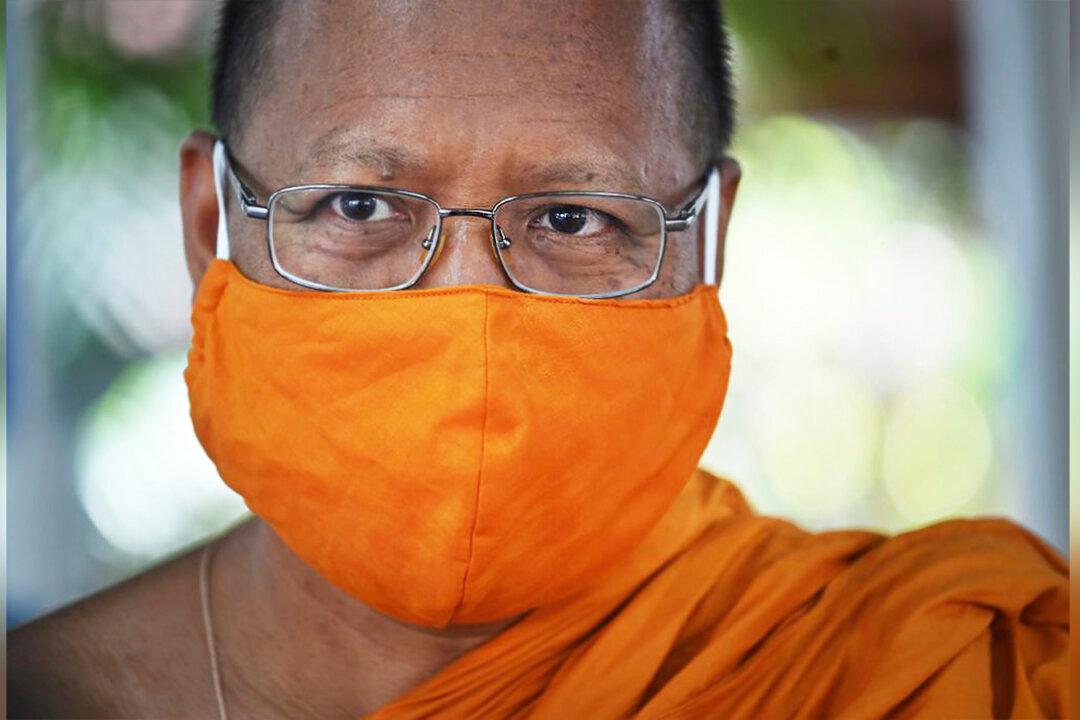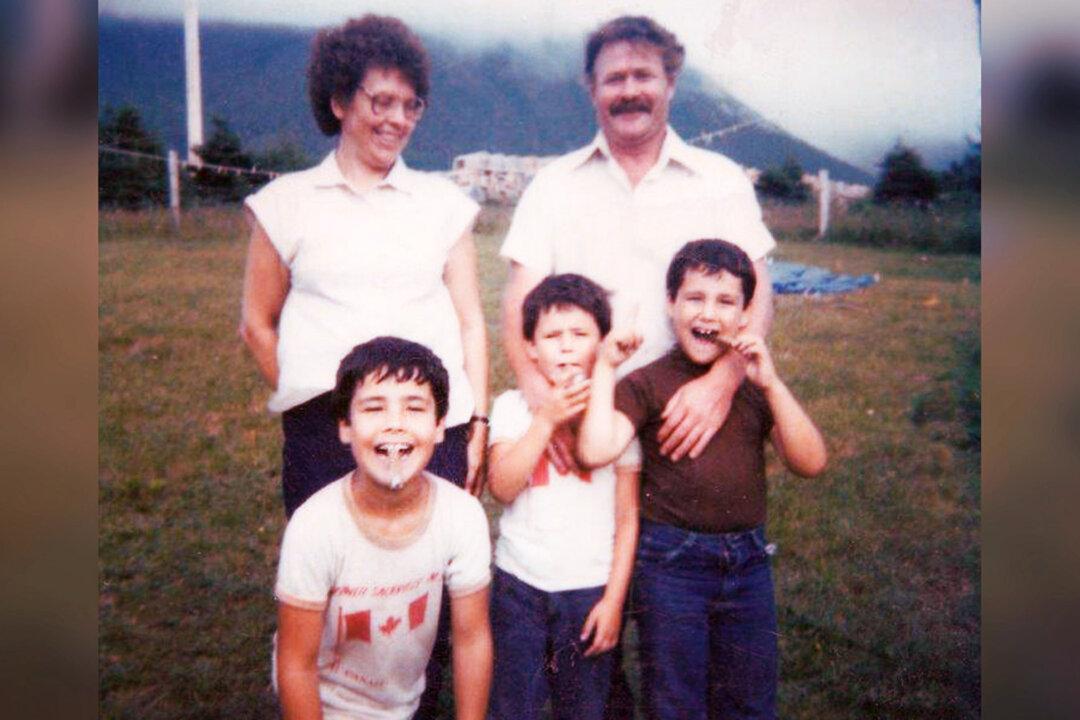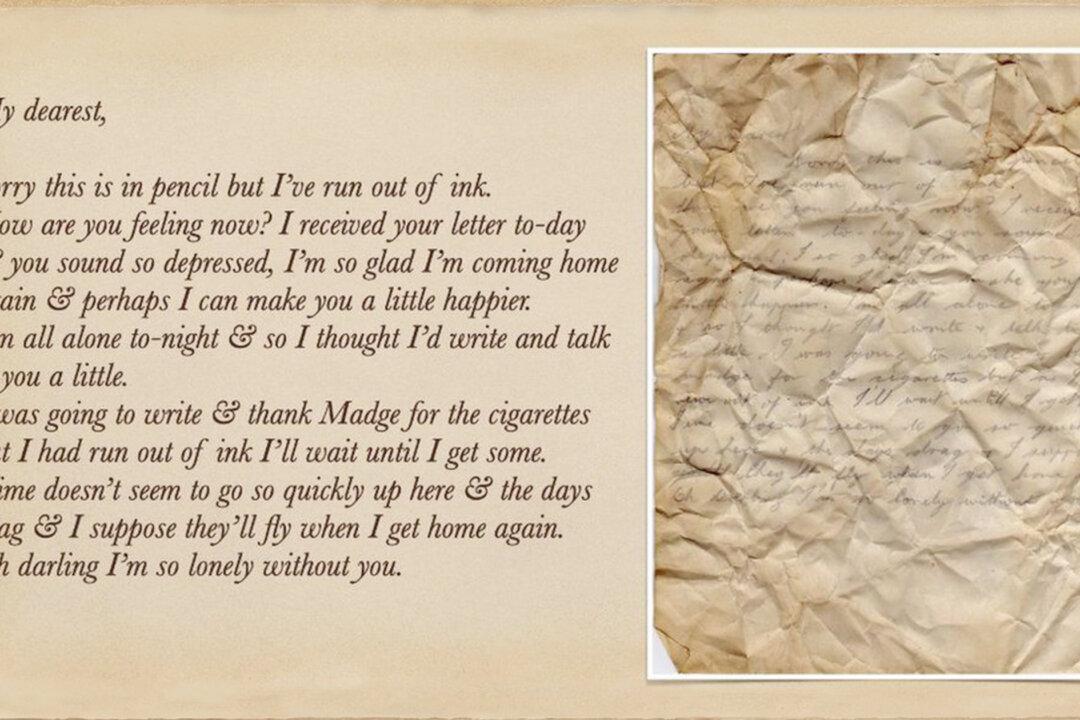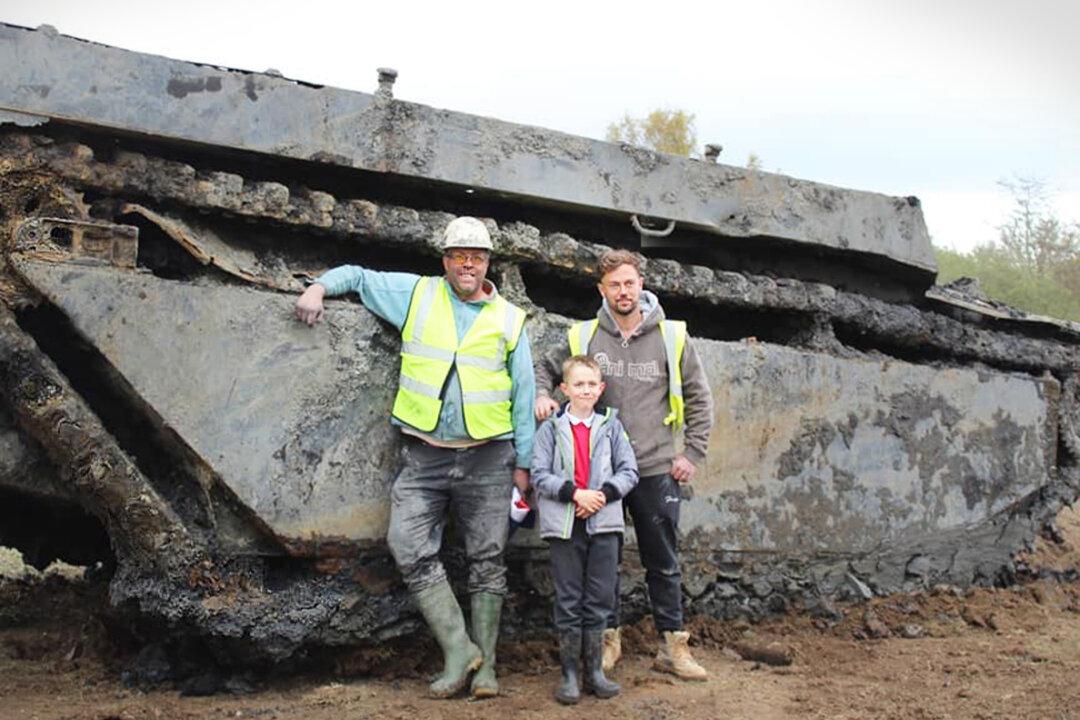A group of Thai monks has caught international attention for their innovative approach to reducing plastic waste: turning used bottles and bags into brand-new monastic robes and masks.
The Buddhist temple of Wat Chak Daeng has been on a mission to reduce plastic waste in Thailand for years.






